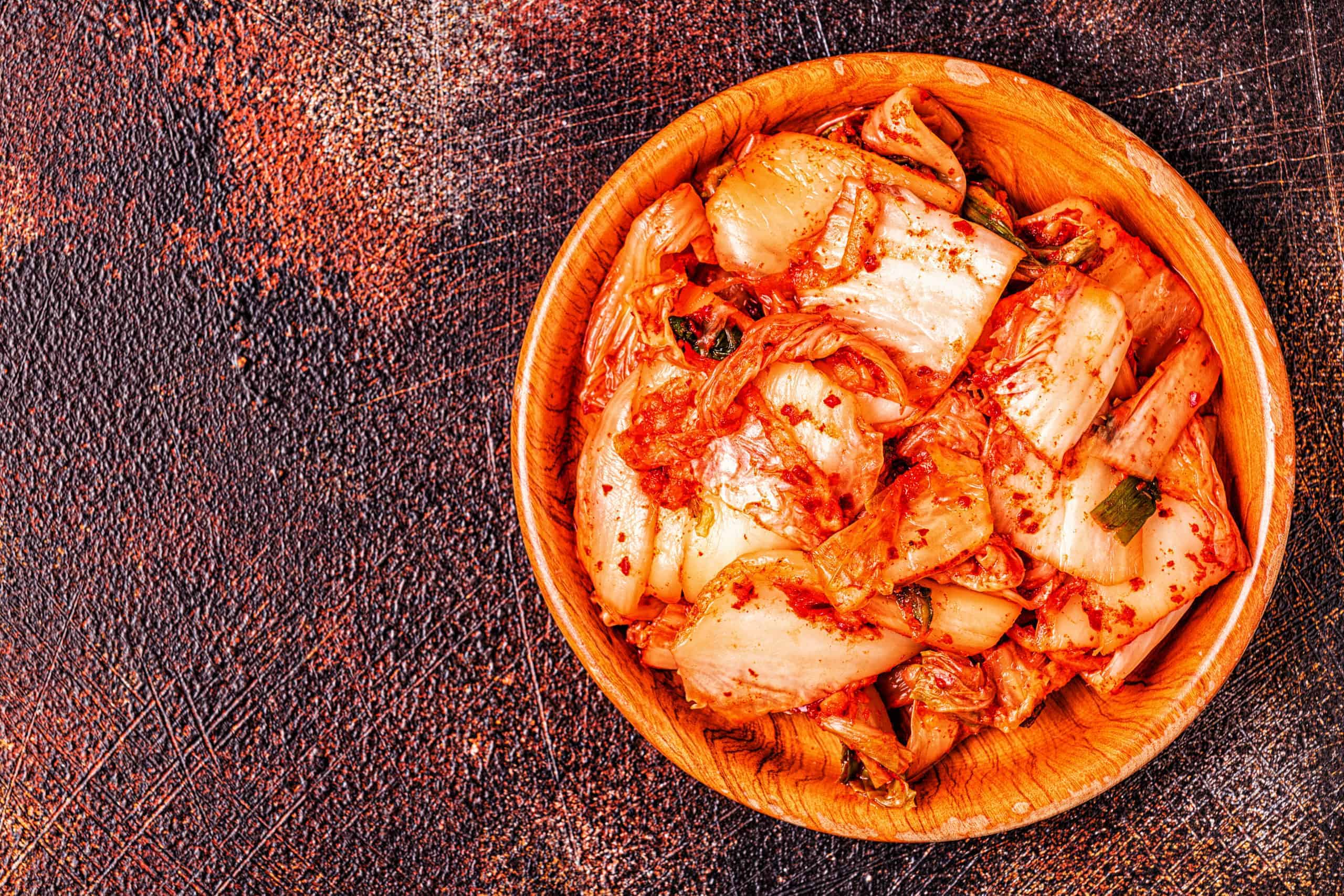South Korean authorities have arrested 33 people in a case involving an estimated US$1.5 billion of cryptocurrency sales at premium prices and the transfer of profits abroad.
Cryptos enjoy widespread popularity in South Korea, which has seen them command higher prices than in other markets — a margin known as the “kimchi premium”. Bitcoin, for instance, has in the past year sold at a kimchi-premium price in South Korea of 5%-22% above prices paid elsewhere.
According to the country’s main Customs office in Seoul, the 33 arrested were involved in purchasing cryptos outside South Korea, selling them at kimchi-premium prices in the country, and funneling the profits from their crypto arbitrage to exchanges abroad in order to buy more cryptos and perpetuate the cycle.
Forex focus
Customs authorities began investigating the case in April, focusing on potential breaches of South Korea’s Foreign Exchange Transactions Act — which subjects foreign remittances worth more than US$5,000 to close scrutiny and potential enforcement action — rather than the fact that profits were being generated, which does not constitute a breach of the law.
Requests for remittances of US$5,000 or more from South Korea must be accompanied by documentary evidence explaining their purpose. An official from the Customs office told Forkast.News that in most cases, banks would not allow remittances for investing in cryptocurrencies, indicating that the type of arbitrage in which the suspects in the case were allegedly involved is not tolerated in the country.
It is understood that the remittances destined for crypto purchases abroad were made on the basis of false reports.
Sam Bankman-Fried, CEO of Hong Kong-based crypto exchange FTX, who made his fortune trading the kimchi premium, said the reason for the tight remittances rule was the government “wanting to be able to limit the extent to which people can freely just sell [Korean won] for other currencies.”
“So you’re allowed to do this for legitimate import-export, but you’re not allowed to do it for financial profit or speculative reasons,” he told Forkast.News. “I think the Korean government sees crypto as a possible source some people are using to get around this … So they’re clamping down, really indirectly, on the arbitrageurs and market makers.”
‘Study expenses’
The total sum of money involved in the case is thought to be close to US$1.5 billion. Of the 33 individuals arrested, 14 have been prosecuted, 15 have been fined, and four remain under investigation.
One of the individuals is a university student who allegedly sent around US$35 million to Hong Kong in 851 transactions between March 2018 and June 2019, mostly for purchases of Bitcoin and Ethereum. That crypto was sent to the individual’s e-wallet at a South Korean exchange and sold for a profit estimated to be around 2 billion won (US$1.7 million).
In those remittances, the student is accused of falsely declaring the money to be for “expenses for studying abroad.”
Explaining the persistence of the kimchi premium, Bankman-Fried said South Korea’s restrictions on cross-border funds transfers prevented arbitrageurs from transacting freely, which led to the differential between crypto prices inside and outside the country.
“Normally you won’t see a 2 percent divergence between Bitstamp and Coinbase, because arbitrageurs will come in, and market makers would,” he said. “Because of liquidity fighters, you don’t really see divergence within different exchanges. The thing with Korea is that it is not easy to do that arbitrage.”
South Korean authorities plan to continue their stepped-up policing of the crypto industry, and have designated the period until September as a special enforcement period for tackling money laundering and fraud utilizing virtual assets.

